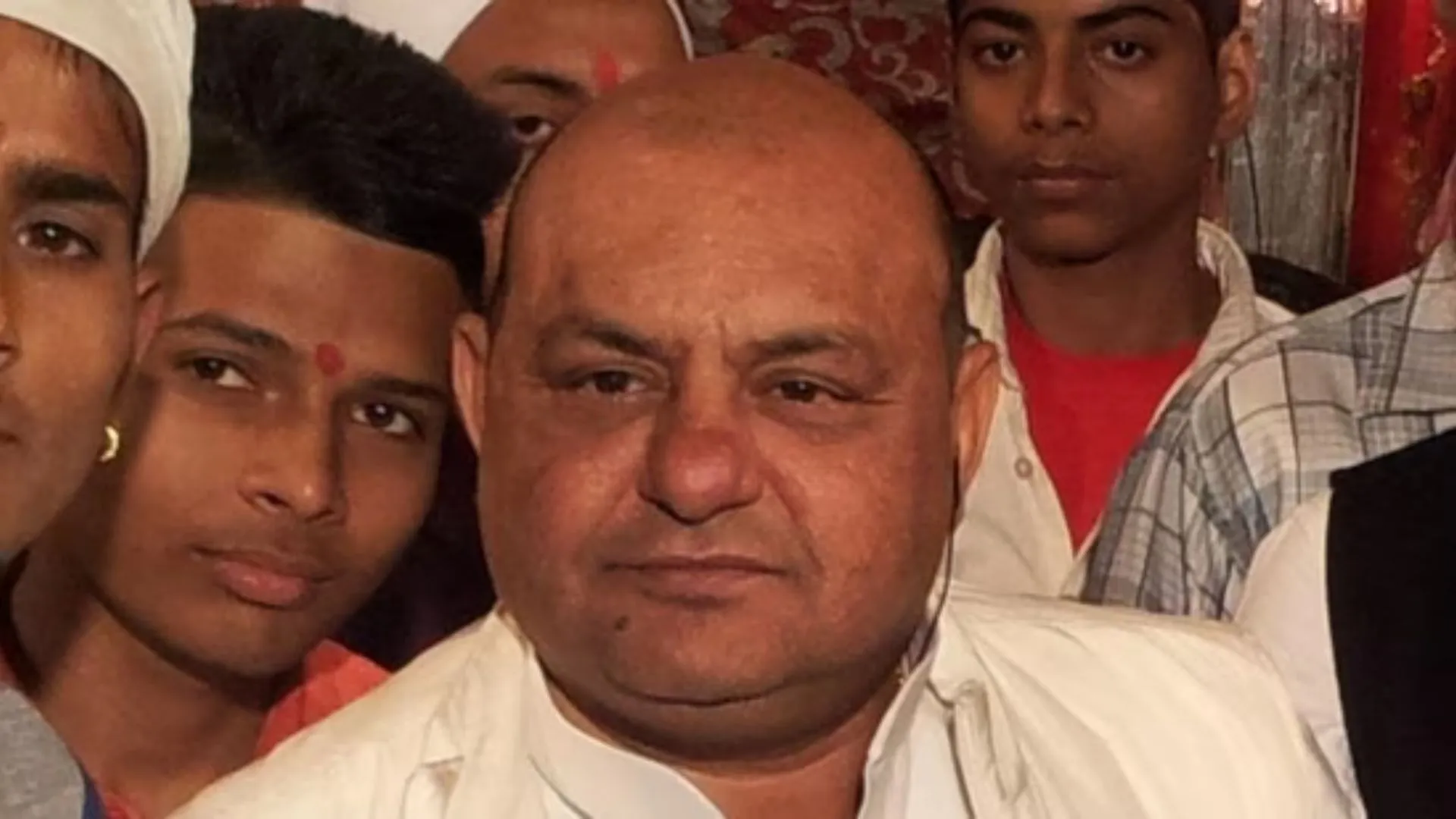The Delhi High Court in the case PCIT Versus Qualcomm India Pvt Ltd observed and has excluded the comparables on the basis of functional dissimilarity in the transfer pricing case.
The bench comprising of Justice Rajiv Shakdher and Justice Girish Kathpalia in the case observed and has excluded three comparables, namely Infobeans Technologies Ltd., Cybercom Datamatics Information Solutions Ltd., and Infosys BPO Ltd., while citing the clear reasons for their exclusion.
In the present case, the appellant or department assailed the order dated 19.01.2023 passed by the Income Tax Appellate Tribunal, ITAT. The court stated that the appeal is confined to the exclusion of three comparables, namely Infobeans Technologies Ltd., Cybercom Datamatics Information Solutions Ltd., and the Infosys BPO Ltd.
The court observed that the respondent or assessee is operating in software development services, information technology-enabled services, ITES, business support services, and the technical support services.
The court in the case also observed that the comparisons as regards functions, were made taking into account the software development services and ITES carried on by the respondent or assessee.
Therefore, the Tribunal with regards to the three comparables reasoned why they are not comparable. Firstly, the Tribunal noted with regards to Infobeans that it is into diversified activities, which include the sale of products.
Thus, the Tribunal had advertised the profit and loss account of Infobeans, which shows that it has received revenue from operations amounting to Rs. 32,96,59, 883 and the notes to account (i.e., Note No. 20) indicated that it is in the business of selling software, which is sold both abroad and domestically. Therefore, the other finding which the tribunal recorded is that Infobeans also pays sales tax and MODVAT.
The Tribunal reacted the comparable based on the functional dissimilarity between the assessee and Infobeans. Secondly, the Tribunal noted with regards to Cybercom, wherein it had been recorded by the Tribunal that it is into diversified activities, which include the provision of software services. Thus, it is indicated that segmental details concerning various segments are not available in the public domain.
Therefore, the Tribunal also highlighted that, unlike the assessee, Cybercom is in the business of providing technical services. Based on this finding, the Tribunal has excluded Cybercom as a comparable.
Thirdly, the Tribunal noted with regards to Infosys, the Tribunal has discarded the comparable not on the ground of functional dissimilarity but on the ground of risk-bearing capacity. It has been concluded by the Tribunal that the Infosys BPO is a risk-bearing entity with diversified activities.
On the other hand, the assessee, has a turnover of only Rs. 96 crores in the BPO sector and hence cannot be compared. The Tribunal while considering the facts and circumstances of the case stated that no question is being proposed by the appellant or revenue that the findings are perverse. Accordingly, the Tribunal rightly rejected the Infobeans, Cybercom, and Infosys as comparables.
The counsel, Advocate Sunil Agarwal appeared for appellant.
The counsel, Advocate Ananya Kapoor represented the respondent.























